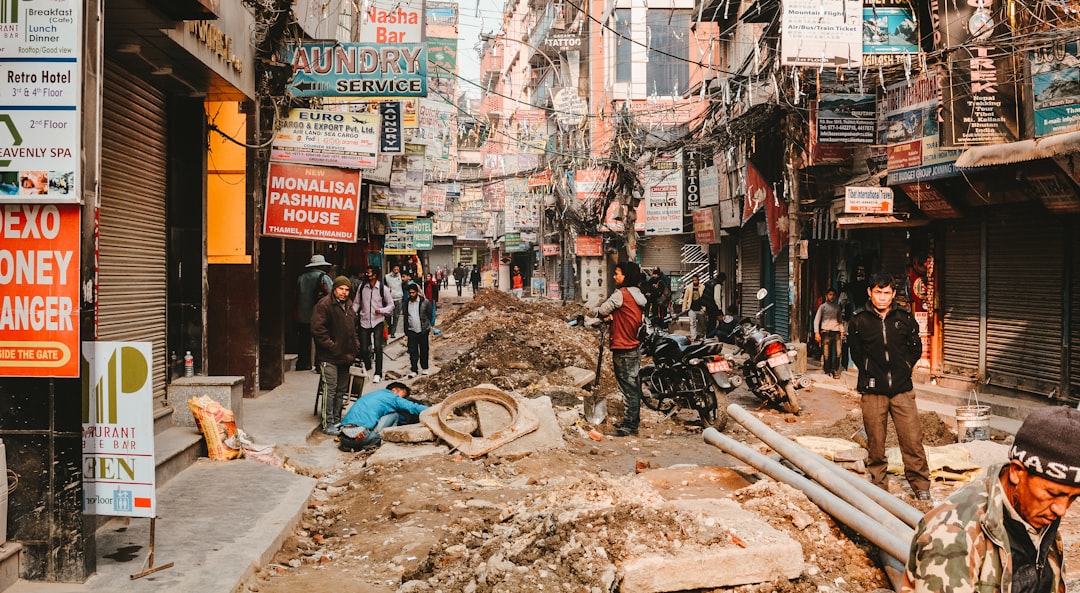What is it about?
This study has examined the effect of trust and religiosity on Islamic medical tourists' attitudes, and consequently, satisfaction by considering age, gender, and education as moderators. A survey was undertaken of 227 Muslim medical tourists who had been treated in Islamic hospitals in Iran, and the data were analysed using partial least squares techniques. The results showed that although trust has a significant effect on Muslim medical tourists' attitudes, religiosity has no significant effect. The relationship between attitude and satisfaction towards the Islamic medical treatment practised by the healthcare providers is also supported. Gender and education moderate the relationship between religiosity and attitude. In addition, education moderates the relationship between trust and attitude. The results of this research can provide useful insight into the needs of Muslim medical tourists, which would be useful for Islamic hospitals to provide higher quality healthcare services.
Featured Image
Why is it important?
This paper is related to the trust and religiosity on Islamic medical tourists' attitudes, and satisfaction.
Perspectives
The behaviour of Muslim medical tourists is important since Muslim are not allowed to use non-halal medicine and treatments as well.
Dr Sedigheh Moghavvemi
University of Malaya
Read the Original
This page is a summary of: The role of trust and religious commitment in Islamic medical tourism, Asia Pacific Journal of Tourism Research, January 2018, Taylor & Francis,
DOI: 10.1080/10941665.2017.1421240.
You can read the full text:
Contributors
The following have contributed to this page










